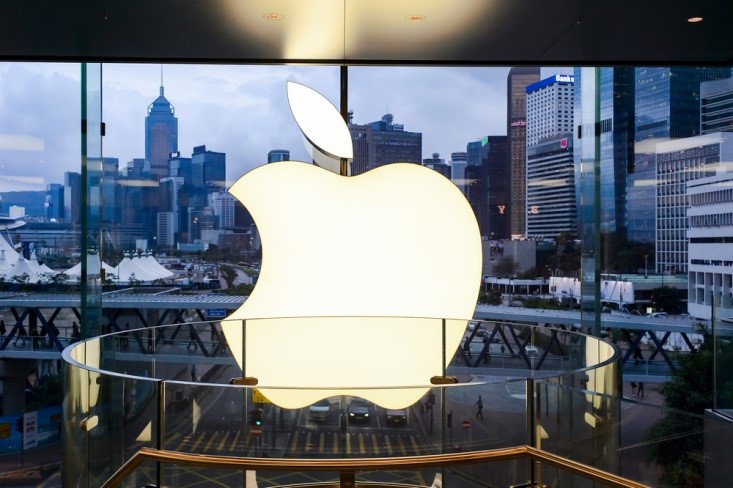

- Apple introduces new App Store terms under iOS 17.4, allowing sales outside its official platform.
- Critics describe Apple's strategy as “harmful compliance” with the European Union's digital markets law.
- The 27% commission on external sales and €0.50 per installation fee are raising concerns among developers.
In a bold move with iOS 17.4, Apple appears to have embraced the European Union's Digital Markets Act (DMA) by reviewing its App Store policies. These changes, ostensibly designed to empower developers, allow apps to be sold outside the traditional confines of Apple's App Store. Additionally, developers can now adhere to alternative contractual terms within the store. The development represents a major shift in Apple's App Store model, which has been praised for its security and criticized for its tight control of the app ecosystem.
Apple's 27% cut and €0.50 fee sparks controversy
However, Apple's compliance with the DMA has not been without its critics. Accusations of “harmful compliance” have emerged, suggesting that although a company may be adhering to the letter of the law, it is simultaneously undermining the spirit of the DMA. The crux of the controversy lies in the new financial conditions imposed by Apple. Despite enabling sales through third-party channels, Apple will charge a 27% commission on such transactions. Furthermore, alternative terms for European developers include a burdensome fee of €0.50 per installation per year. This fee structure is particularly onerous for developers of free apps, raising questions about the feasibility of these new terms and whether they provide more freedom or introduce new barriers.
The EU response and the way forward
The European Union has shown strong interest in Apple's policy changes. It signals a willingness to take strong action if these amendments fail to promote a competitive and fair digital market. As a result, as the situation develops, expectations are growing about the next steps the EU will take. Many observers believe this dispute may end up in the courtroom. In addition, the EU's decision will depend on the extent to which Apple's strategy aligns with the DMA's goals. This crucial decision will greatly impact the future of app distribution in Europe. Meanwhile, the global technology community is watching the discussion with keen interest. They realize that the result could set a new standard for operating digital markets in our interconnected world.

